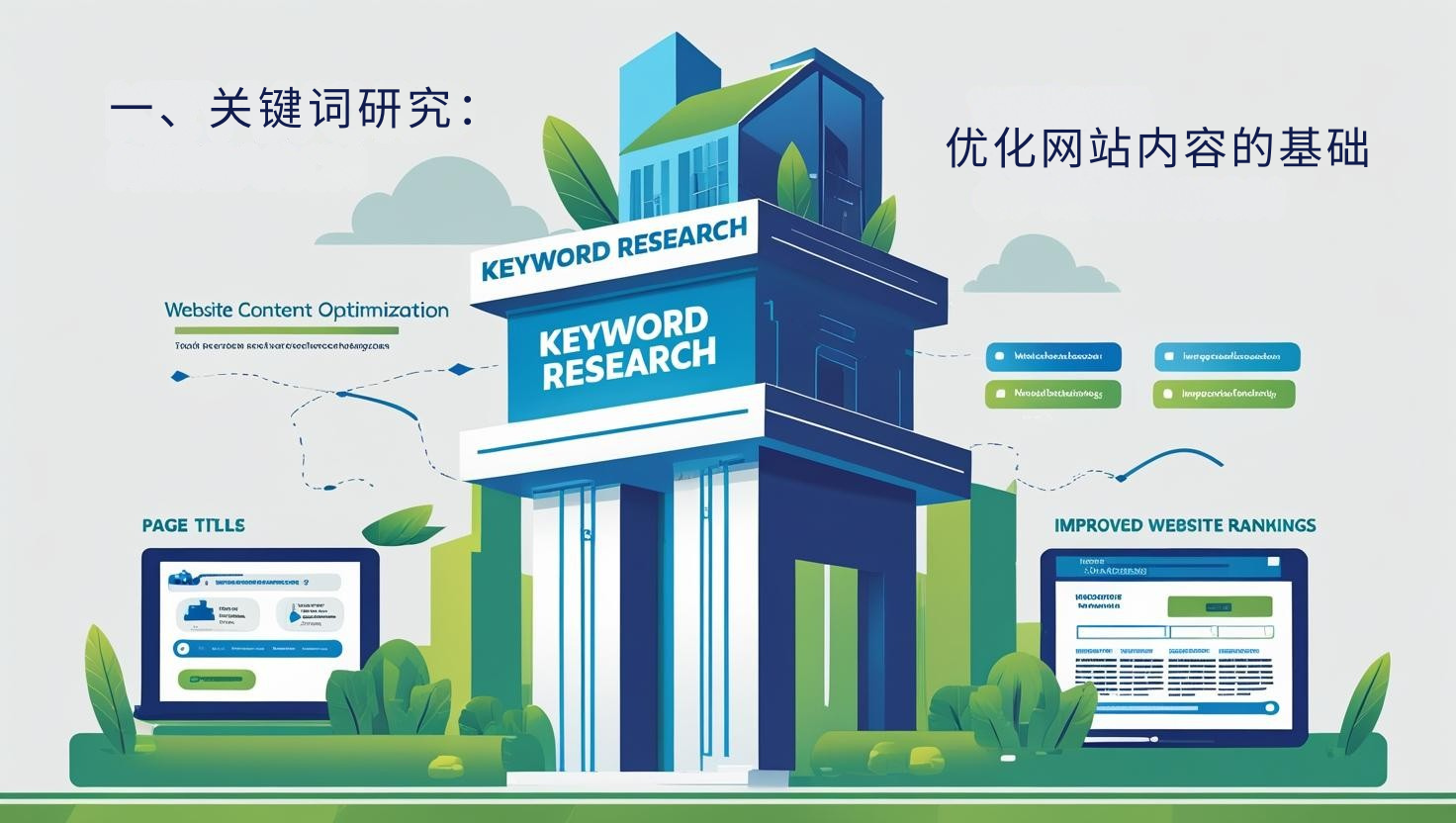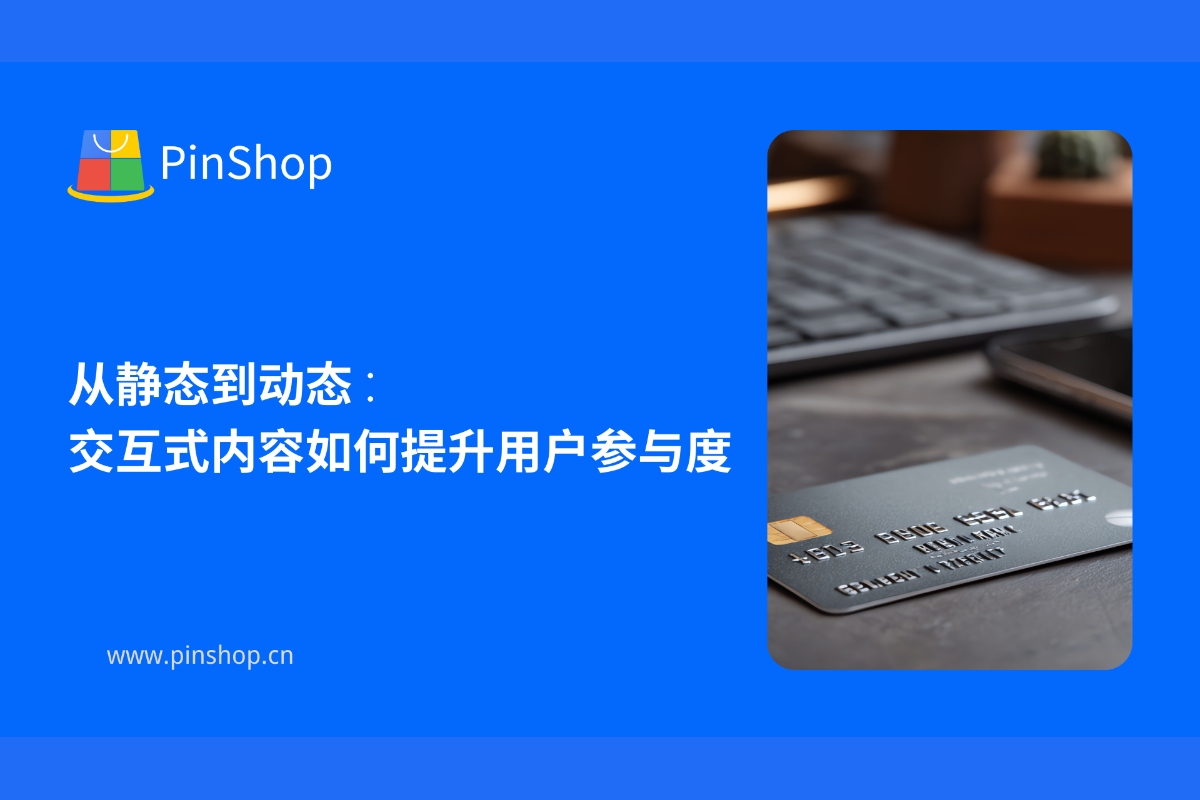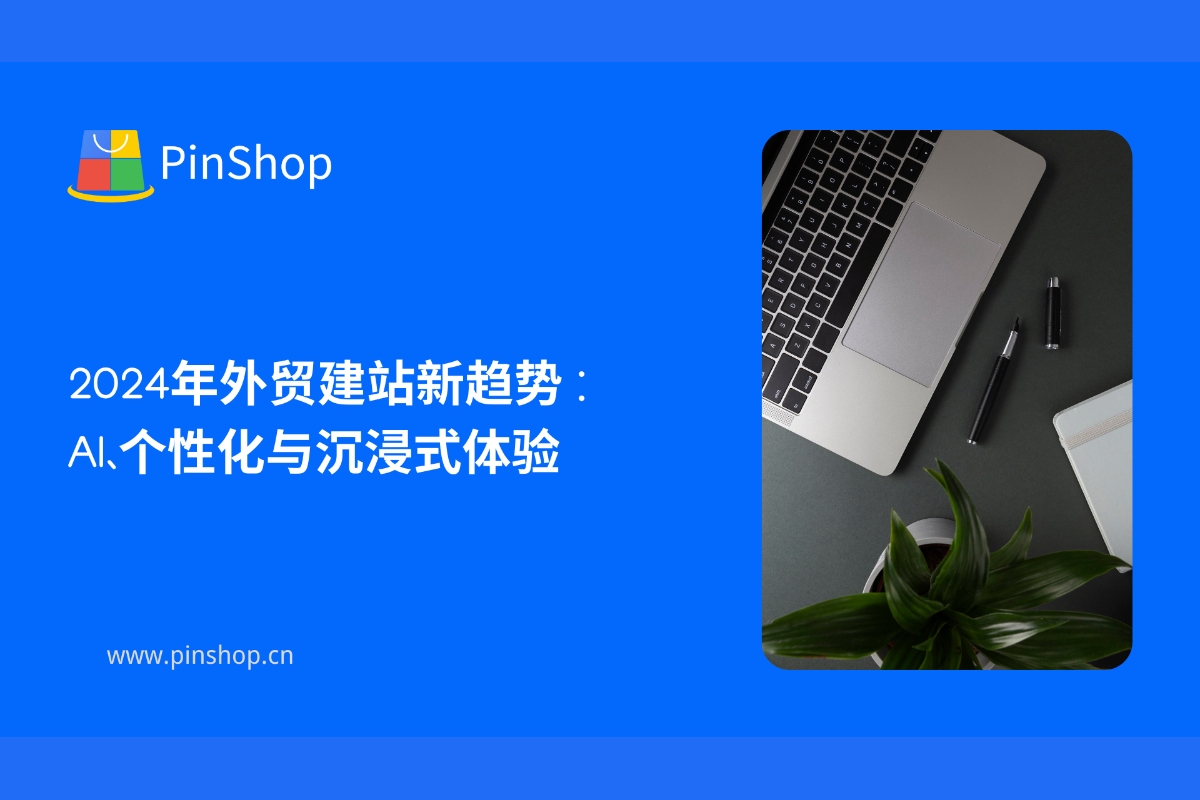With the growing globalization of e-commerce, building a website for international trade is not only a platform for showcasing your products but also a key tool for attracting international customers. To increase discovery, SEO (search engine optimization) is an essential factor. Through SEO optimization, businesses can improve their website's visibility and increase their search engine rankings, thereby attracting more potential customers.
This article will share tips on improving rankings through SEO optimization for building a website for international trade, helping you better understand how to leverage SEO strategies to increase traffic to your cross-border e-commerce website.
I. Keyword Research: The Foundation of Website Content Optimization
Keyword research is the first step in SEO optimization and the foundation for improving website rankings. Through effective keyword research, you can identify the primary terms users use during searches, allowing you to develop appropriate SEO strategies for your website's content, page titles, product descriptions, and more.
-
Long-tail Keywords: Compared to short keywords, long-tail keywords have higher conversion rates. They tend to be more specific and attract more potential customers with purchasing intent. Optimizing with long-tail keywords can significantly increase traffic to your target audience.
-
Competitive Analysis: Use SEO tools (such as Google Keyword Planner, Ahrefs, and SEMrush) to analyze your competitors' keywords, identify missing opportunities, and develop a targeted keyword strategy. According to Ahrefs research, approximately 50% of traffic comes from long-tail keywords, which typically have higher conversion rates [Source: Ahrefs].
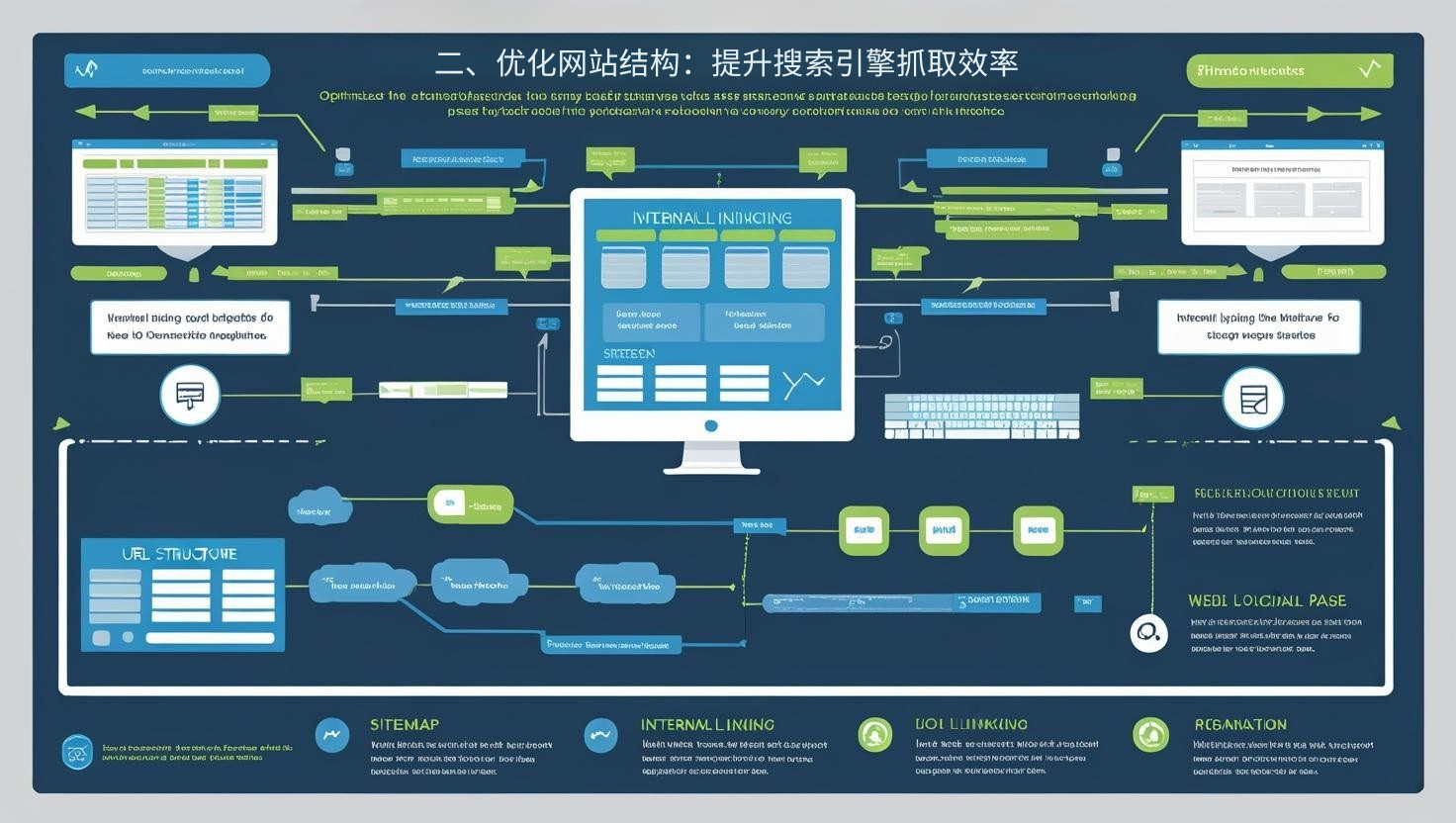
II. Optimizing Website Structure: Improving Search Engine Crawling Efficiency
Website structure is crucial for search engine crawling and indexing. A clear and concise website structure not only improves user experience but also helps search engines better understand and index your content.
-
Simplify your URL structure: Using concise and descriptive URLs helps improve readability and SEO effectiveness. Avoid overly long and complex URL structures.
-
Internal link optimization: Properly arranging internal links helps search engines discover and index more pages. Internal links can also improve page authority and ranking.
-
Create a sitemap: Provide search engines with a sitemap to help them quickly crawl and index your website's pages.
Data shows that an optimized internal link structure can improve page indexing efficiency by 30% [Source: Moz].
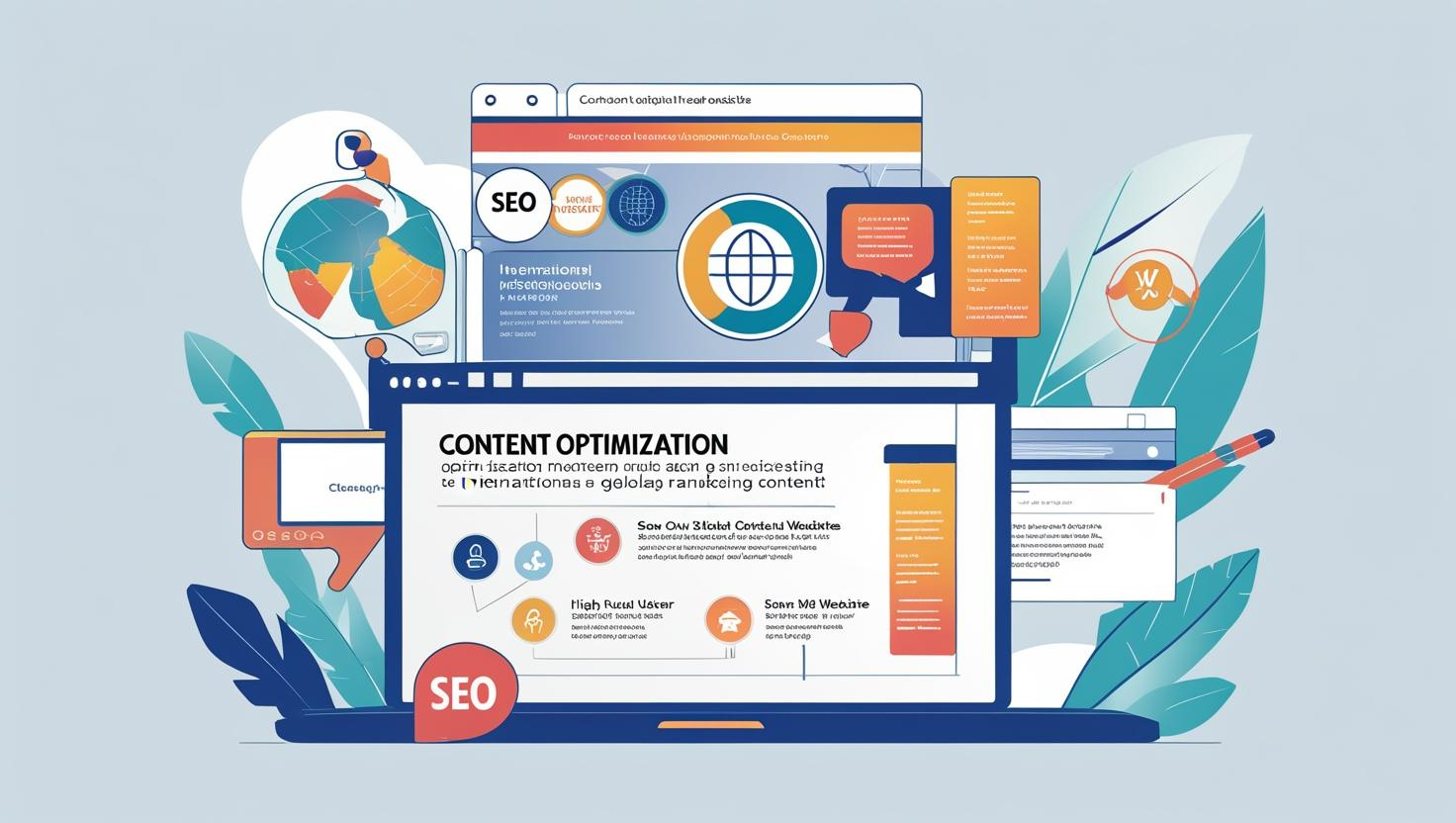
III. Content Optimization: Improving User Experience and Search Engine Rankings
High-quality content not only attracts users but also improves your website's SEO performance. When building a website for international trade, content optimization is crucial, as it directly impacts search engine rankings.
-
Appropriate Keyword Distribution: Use keywords appropriately in page titles, meta descriptions, product descriptions, and image alt tags. Avoid keyword stuffing and ensure a natural flow of content.
-
Original High-Quality Content: Provide original, practical, and valuable content to attract users and gain search engine favor. For example, write detailed product introductions, industry trends, and FAQs.
-
Regularly update your content: Continuously updating your website content, especially blogs and news sections, can increase site activity and encourage search engines to crawl your pages more frequently.
According to the Content Marketing Institute, original content published by businesses effectively drives traffic and generates higher returns than other types of content [Source: CMI].
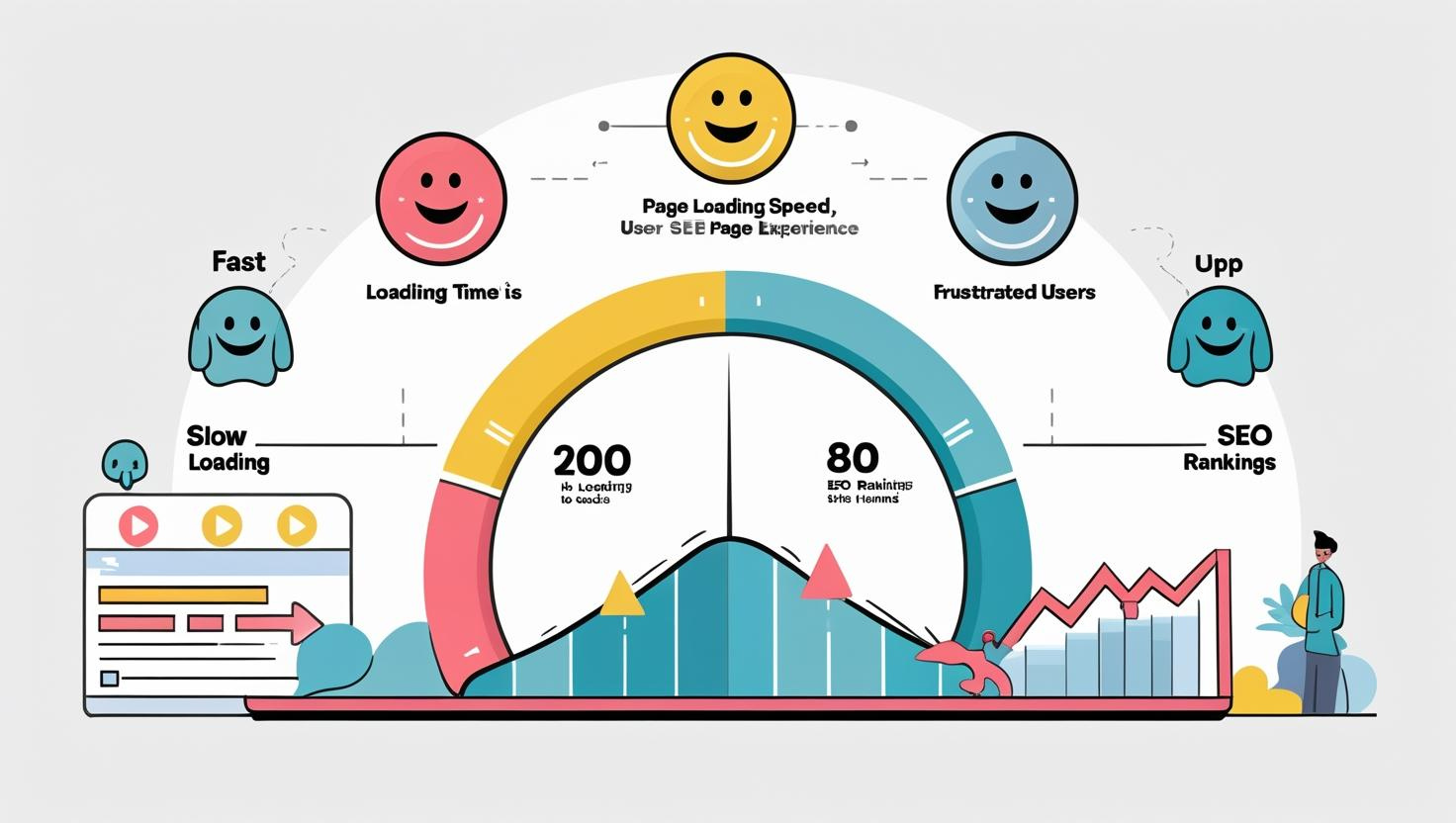
IV. Improving Page Loading Speed: Improving User Experience and SEO Ranking
Page loading speed has a huge impact on SEO optimization. Users are increasingly demanding faster loading times. Slow website loading speeds not only degrade user experience but can also lead to lower search engine rankings.
-
Image Compression: Use optimized image formats, such as WebP, and compress image sizes to reduce page load times.
-
Enable Caching: Use caching technology to quickly load previously visited pages when users visit your website.
-
Reduce HTTP requests: Combine files (such as CSS and JavaScript) to reduce the number of requests during page load.
According to Google data, a one-second delay in page load time can result in a 7% decrease in conversion rates [Source: Google]. Therefore, improving your website's loading speed is crucial for improving rankings and conversion rates.
Conclusion: SEO optimization is key to improving your international trade website's ranking.
SEO optimization for international trade websites is a systematic process. From keyword research to page load speed optimization, every step has a significant impact on website rankings. By effectively utilizing the above SEO techniques, you can significantly improve your cross-border e-commerce website's search engine rankings, attract more target customers, and drive increased website traffic and sales.
Continuously focusing on SEO optimization and continuously adjusting your strategy will ensure your international trade website gains greater exposure and competitiveness in the global market.

-

